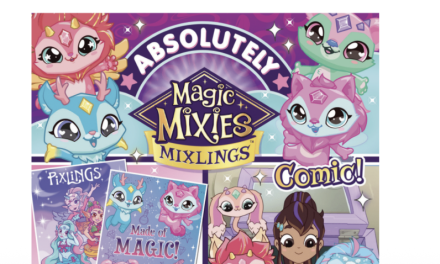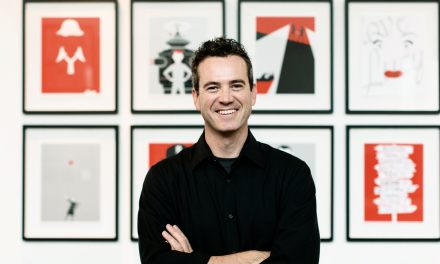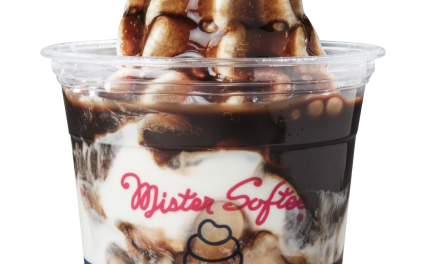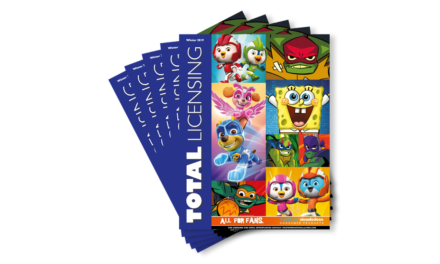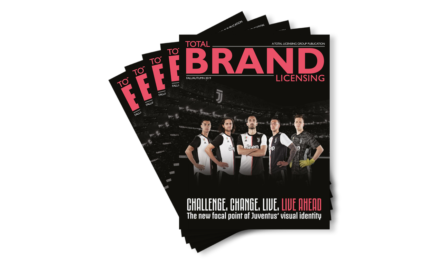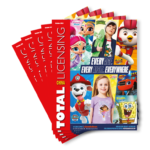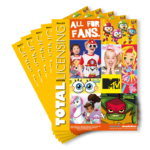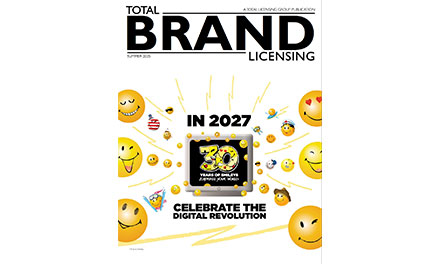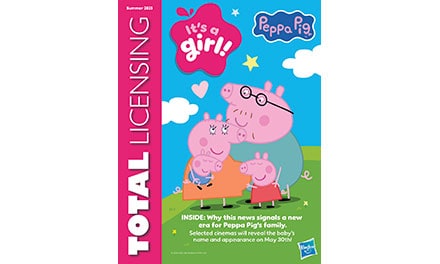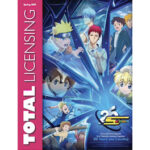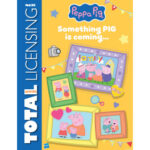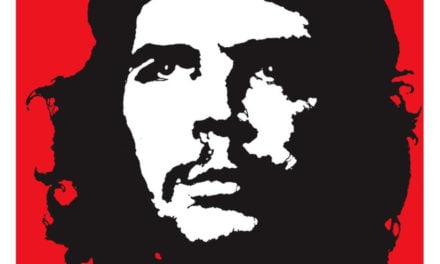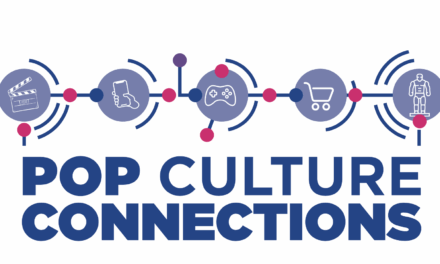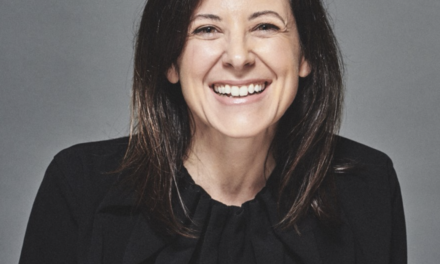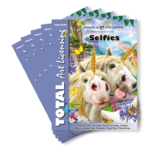
Creators of Treehouse, Ryan Dean and Lowri Williams, on building a sustainable IP from the ground up.
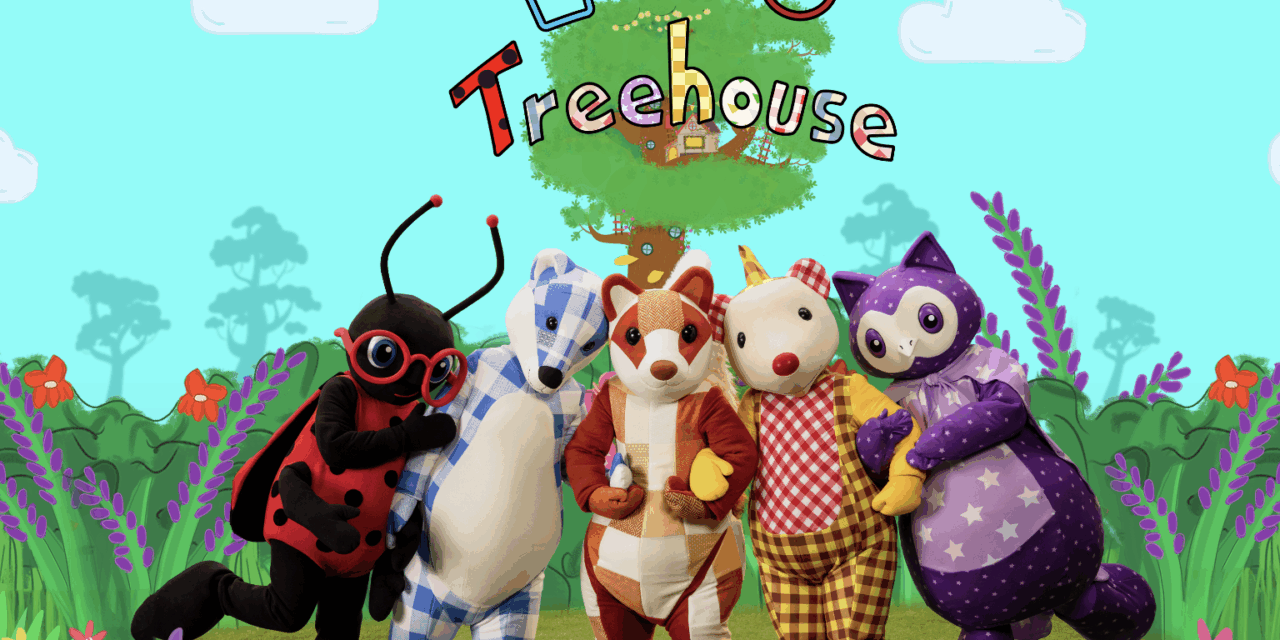
Why sustainability needs to be at the heart of every production, from ideation to the products you license
In the children’s entertainment industry sustainability is not an optional extra.
It must be central from the first creative brainstorm all the way through to the merchandise that lands on shelves.
For any production looking to make a meaningful impact, the question is no longer should sustainability be part of the process, but how early and how deeply it’s embedded.
With Treehouse, a new preschool series now airing on Milkshake!, the aim was to prove it’s possible to create joyful, high-quality content that also does better by the planet.
The show is a celebration of the natural world, created with nature in mind at every stage.
Celebrating the natural world
Treehouse is a vibrant live-action series that blends puppetry, costumes, and 2D animation to tell uplifting, imaginative stories.
At its heart is Squiggle, a curious squirrel who lives in a magical treehouse in the British countryside. Together with his friends, he embarks on gentle adventures that explore themes of kindness, curiosity, and friendship, whether it’s learning ballet or taking part in Diwali celebrations.
While Treehouse takes place in nature-themed sets, it doesn’t preach about sustainability.
Our target audience is toddlers, we don’t want to fill their minds with the concept of global warming just yet!
In fact, there are no on-the-nose eco-lessons or overt calls to action.
Instead, the show fosters a quiet and joyful connection to the natural environment. It encourages a love for the outdoors and a respect for nature simply by making it magical, familiar, and part of everyday play.
Children aren’t told to care, they just do, because they’ve grown attached to it.
A new flat pack model
Making a show sustainably doesn’t just happen during filming, it starts with the way the project is structured.
Treehouse was developed and fully financed independently before being acquired by Paramount’s Milkshake!.
This independence enabled full control over creative and operational decisions, allowing sustainability to be a foundational priority.
The production was housed at RD Studios, London’s most sustainable film and TV studio. The facility is powered by renewable energy, uses harvested rainwater, provides EV charging, and operates without fossil fuels.
It’s proof that large-scale production can be both efficient and environmentally responsible.
Even the sets broke new ground.
Working with Vectar Sets, Treehouse used paper-based, fully recyclable materials instead of traditional wood or foam. Flat-packed like IKEA furniture, these sets were printed with bespoke designs, assembled on-site with zero waste, and held up remarkably well, even under heavy costumes and physical performances.
It was innovation that looked just as good as conventional methods, if not better!
Making sure your values are across everything you make and sell
The sustainability commitment didn’t end when the cameras stopped rolling.
From the start, Treehouse was developed as a 360-degree IP, with the ambition of extending its positive values across books, toys, licensed merchandise and more.
The focus is on creating products that align with the spirit of the show: thoughtful, playful, and made with care. Whether it’s the materials used in a toy or the messaging in a picture book, the aim is consistency, not just in brand, but in purpose.
As we begin expanding into the licensing space, we’re looking to collaborate with partners who share that vision. By working with those equally committed to sustainable practices and meaningful storytelling, we can ensure the show’s values are authentically carried through every touchpoint.
It’s also a brand built with developmental support at its core.
The non-verbal characters encourage physical storytelling, supporting both speech and motor skill development. A gentle narrator guides the action without overwhelming or overstimulating, inviting kids to interpret, imitate and actively engage.
That participatory design carries naturally into products, offering rich opportunities for interaction beyond the screen.
Sustainability as a strategy
For UK-based companies in the kids’ content space, sustainable IP is not just a moral imperative, it’s a competitive edge.
The UK has long been a global leader in children’s programming.
To maintain that status in a changing world, it must also lead in how content is made, delivered, and experienced.
Owning IP allows for greater creative freedom and direct accountability. It gives content creators the power to say no to unsustainable choices and yes to forward-thinking ones.
In a licensing environment where parents and buyers are increasingly discerning, those decisions matter.
Preserving the future
Treehouse shows that it’s not only possible to build sustainability into the DNA of a production, it’s a way to win support and endorsement from parents, the press and the wider market.
The show taps into nostalgia for the warm, character-driven television of the ’90s and early 2000s. But, brings it into the present with innovation, care and a deep respect for the world it reflects.
In a landscape often filled with rapid-fire visuals and high-energy pacing, Treehouse offers a gentler rhythm, inviting children to slow down, engage thoughtfully, and connect more deeply with story and setting.
This has to flow into the products we license and its where we see the future for the industry. Content and products that entertain, uplift and does its part to preserve the world its audience will grow up in.

